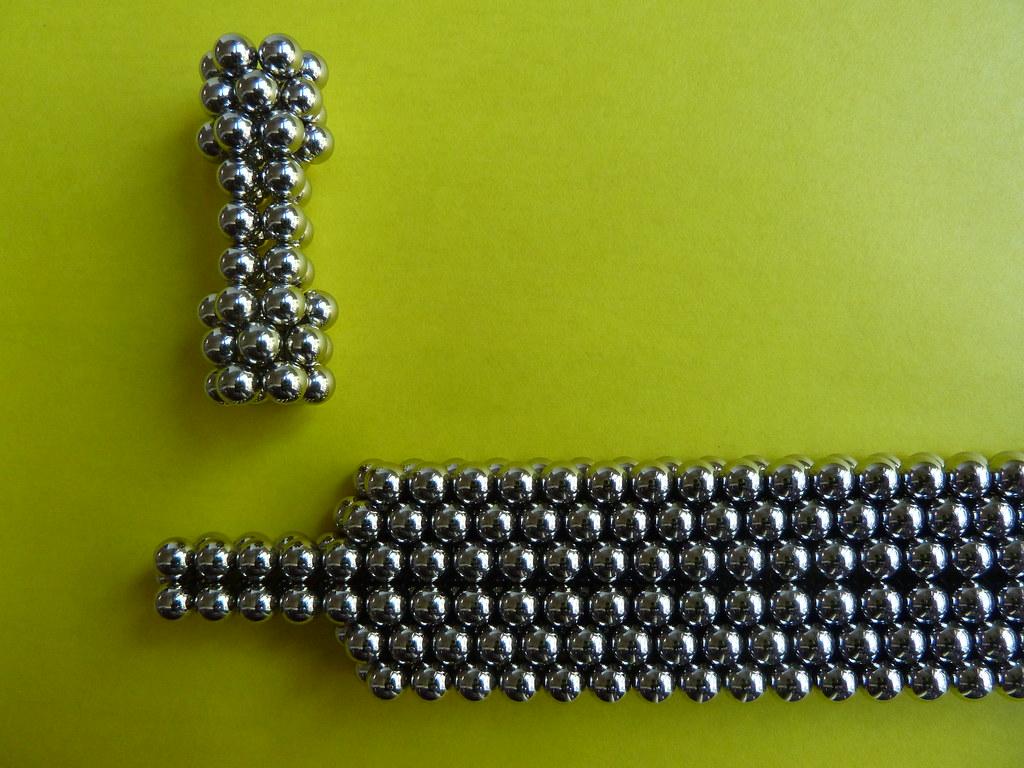In the ever-evolving landscape of urban transportation, the longboard has emerged as a popular choice for both commuting and leisurely cruising. Its versatility, ease of use, and environmental benefits make it an attractive option for city dwellers and suburbanites alike. However, selecting the right longboard tailored to individual needs and preferences can be a daunting task, given the myriad of options available on the market. This article delves into the essential factors to consider when choosing a longboard for commuting and cruising, providing an analytical framework to guide prospective buyers through the decision-making process. By examining key elements such as deck shape, material composition, wheel specifications, and truck configuration, we aim to equip readers with the knowledge necessary to make an informed purchase that aligns with their commuting habits and cruising aspirations.
Assessing Longboard Deck Shapes and Sizes for Optimal Commuting
When it comes to selecting a longboard for commuting, the shape and size of the deck are crucial factors that influence both comfort and performance. Deck shapes can range from pintails, known for their classic surf-inspired design, to drop-throughs, which offer lower ground clearance for increased stability. For urban environments, a drop-through deck is often favored due to its enhanced maneuverability and ease of pushing. In contrast, pintails are excellent for cruising in open areas, providing a smooth ride with ample foot space for casual carving.
- Pintail: Ideal for broad, sweeping turns and a traditional feel.
- Drop-through: Offers a lower center of gravity, making it suitable for quick commutes.
- Double kick: Perfect for riders who want the versatility to perform tricks while commuting.
Deck size is another consideration that impacts your ride. Smaller decks, typically under 36 inches, provide agility and are easier to carry, making them great for short-distance commutes or crowded public transport. Larger decks, over 40 inches, offer more stability and comfort for longer rides but may require more effort to navigate through tight spaces. Consider the wheelbase as well, which affects turning radius and stability—shorter wheelbases allow for sharper turns, while longer ones offer a steadier ride. Align your deck choice with your specific commuting needs to ensure a smooth and efficient journey.

Choosing the Right Longboard Wheels for Smooth Cruising
When selecting the ideal wheels for your longboard, it’s essential to focus on key factors that ensure a seamless ride. The diameter of the wheels plays a crucial role in determining your cruising experience. Larger wheels, typically ranging from 70mm to 75mm, are perfect for smooth surfaces and provide better momentum, allowing you to maintain speed with less effort. However, if you’re navigating through urban landscapes with frequent stops and starts, smaller wheels around 65mm might offer the agility needed to maneuver through crowded spaces.
Durometer, or the hardness of the wheels, is another critical consideration. For a comfortable cruising experience, opt for softer wheels (78A-80A), which offer superior grip and shock absorption, smoothing out rough terrains. Conversely, harder wheels (above 85A) are better suited for faster rides on smoother surfaces but might compromise comfort on uneven paths. Keep in mind the wheel’s shape and lip profile: square-lipped wheels offer more grip, ideal for carving and sharp turns, whereas round-lipped wheels allow for more slide, enhancing the playful aspect of your cruise.
Evaluating Longboard Trucks and Bearings for Enhanced Stability
When aiming for a smooth and stable ride, the choice of trucks and bearings plays a crucial role. Trucks, which are the metal T-shaped pieces that connect the wheels to the deck, significantly influence the maneuverability and balance of your longboard. Look for trucks that match the width of your board for optimal stability. Reverse kingpin trucks are often preferred for commuting and cruising due to their responsiveness and enhanced turning capabilities. The material and construction also matter; aluminum trucks offer durability while remaining lightweight.
Equally important are the bearings, which affect the speed and smoothness of your ride. Opt for bearings with a high ABEC rating for increased precision and efficiency. However, remember that a higher rating doesn’t always mean a better choice for all conditions. Consider ceramic bearings for reduced friction and longevity, especially if you frequently ride in wet or dusty environments. Regular maintenance, such as cleaning and lubricating your bearings, can also extend their lifespan and performance.
- Ensure trucks are compatible with your deck size.
- Choose reverse kingpin trucks for better turning.
- Select bearings with a suitable ABEC rating.
- Consider ceramic bearings for durability.
- Maintain bearings regularly for optimal performance.
Selecting Durable Materials for Longboard Longevity and Performance
When selecting materials for your longboard, it’s essential to consider both durability and performance. The deck, being the heart of the longboard, should ideally be crafted from high-quality materials such as bamboo, maple, or a combination of both. Bamboo offers flexibility and a lightweight structure, making it ideal for smooth cruising. On the other hand, maple is known for its robustness and longevity, providing stability during commuting.
For the trucks, aluminum is a popular choice due to its strength and lightweight properties, which contribute to a smoother ride. In terms of wheels, opting for urethane can ensure a balance between grip and resilience, crucial for urban environments. Here’s a quick checklist for durable materials:
- Bamboo – Lightweight and flexible
- Maple – Strong and stable
- Aluminum Trucks – Durable and lightweight
- Urethane Wheels – Good grip and long-lasting
By focusing on these materials, you can enhance your longboard’s lifespan and performance, making it a reliable companion for daily commutes and leisurely cruises.










